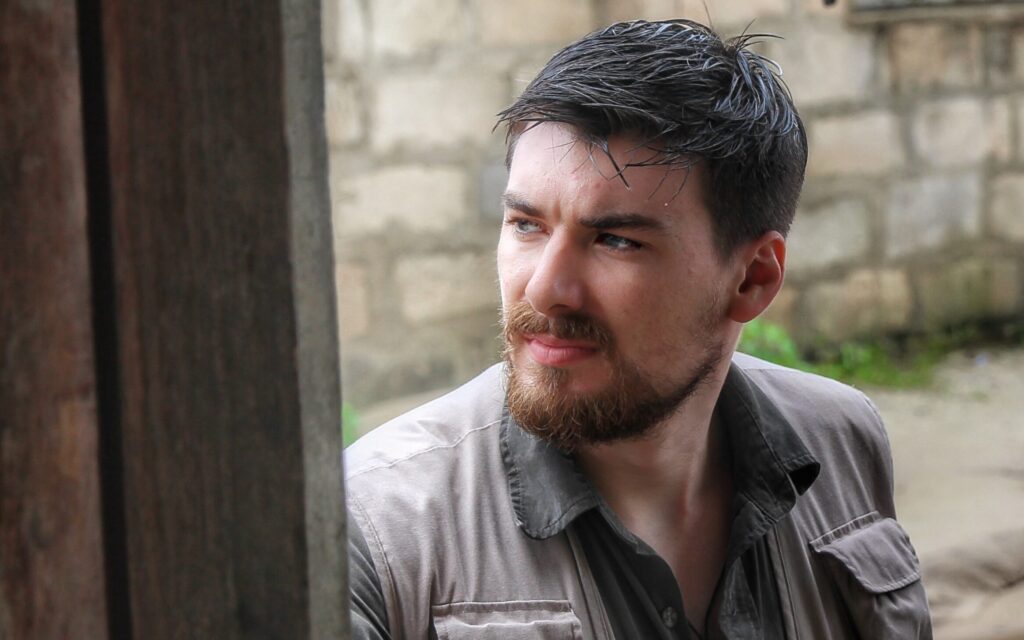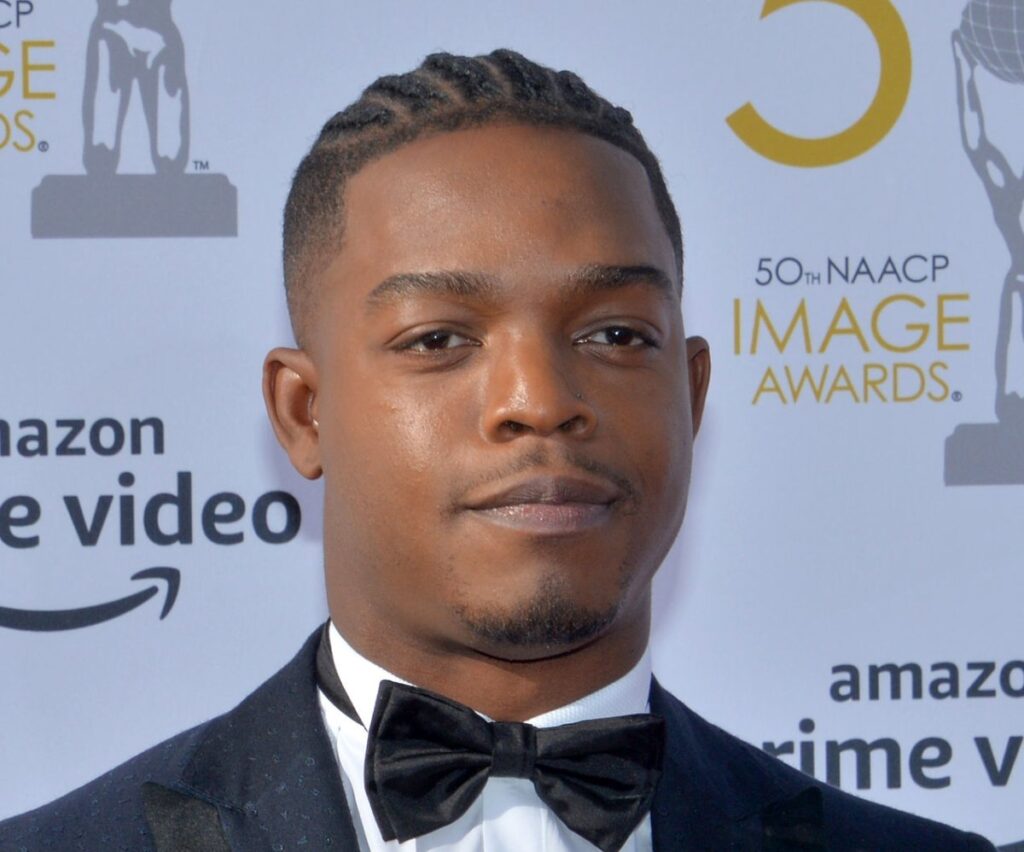Photo courtesy of Tyler Cowan.
Tyler Cowan is multifaceted, creative, and resilient. He not only directs films but also supports charities and is a keen scuba diver. He took time out of his busy schedule to speak with Debu about working in film and defining success.
You have worked on a wide variety of projects and with different organizations, including World Wildlife Fund, the Canadian Cancer Society, and more. Can you speak about your work with different organizations and the unique challenges of charity-focused work?
Things lined up for me in a rather weird way; it really goes to show that you can’t always chart a clear path, especially with creative work. A good friend of mine had an indirect contact in the fundraising world seeking some video expertise for an event they were hosting in Texas. I signed on and, through that experience, made several contacts in the non-profit sector which gave me my first real foothold as a working director.
Budget and time constraints can be a challenge for non-profit work, especially from a creative standpoint. I’ve always made it a priority to focus on integrity, authenticity, and striking a balance between delivering a product that will elicit a strong, emotional response, and executing in such a way that celebrates the individuals we are filming or the stories we are telling.
What inspired you to get into the film and media space? What are you excited about next?
When I was three years old, I saw my first film — Beauty and the Beast. I was completely mesmerized. It wasn’t until Saving Private Ryan, however, that I recognized film’s true potential for documentation through creative narrative. As a kid, it was a real lightbulb moment for me and enkindled a true passion for storytelling. As I’ve gotten older, maintaining a multidisciplinary approach to my career has allowed for a lot of flexibility on that front.
As far as what’s next — I’m looking to challenge myself as it’s easy to become complacent. I’d still love to put together my own feature film. I’ve also been a diver for over 20 years, so a shift towards the underwater film space is something I’m actively exploring as well.
You have been the recipient of several awards over the years that have recognized your work. How do you define success?
I feel that most people are always chasing some desired outcome — I’m certainly guilty of it. At this stage in my life, I’m trying to learn to let go of that a little bit and be more present with what’s happening in a given moment. From a work standpoint, I would say that success is accomplishing an initial objective for an organization.
From a creative standpoint, working on a production is collaborative, and each person typically has their own unique investment in a project’s outcome. The work that I’m most proud of has come from really advocating, finding compromise, and allowing my personal vision for a piece to shine through while still delivering a client’s objective. It can be a subjective landscape but, ultimately, when the client is thrilled with the end product, I qualify that as a success.
Success is something that I’m still exploring, navigating, and trying to find the magic bullet for. I would say if you can find joy in whatever it is you’re doing, then you’re winning.
You recently worked on a documentary about the Underground Railroad. Tell us about your creative process when working on different projects. Do you have any upcoming projects?
The process depends on the role that I’m fulfilling. This project was an example of switching hats, as a cinematographer friend who was hired for a Discovery Channel documentary was looking for a camera assistant. I had done a bit of camera work — I’m not a shooter by trade — but jumped at the opportunity to do some operating. I have a very strong understanding of the way that a camera team works on set, so this was helpful when working in different roles. I’ve also done lots of field work in adverse environments — it’s so important to be flexible.
For upcoming projects, we just finished a commercial for the Canadian Cancer Society. That’s been the last several months, so I’m happy to have a little bit of time to recharge. I am also pursuing credentials to start diving in a professional capacity. I would like to be certified at a commercial level in order to work and film underwater.
Stephanie Hawkins | Contributing Writer










